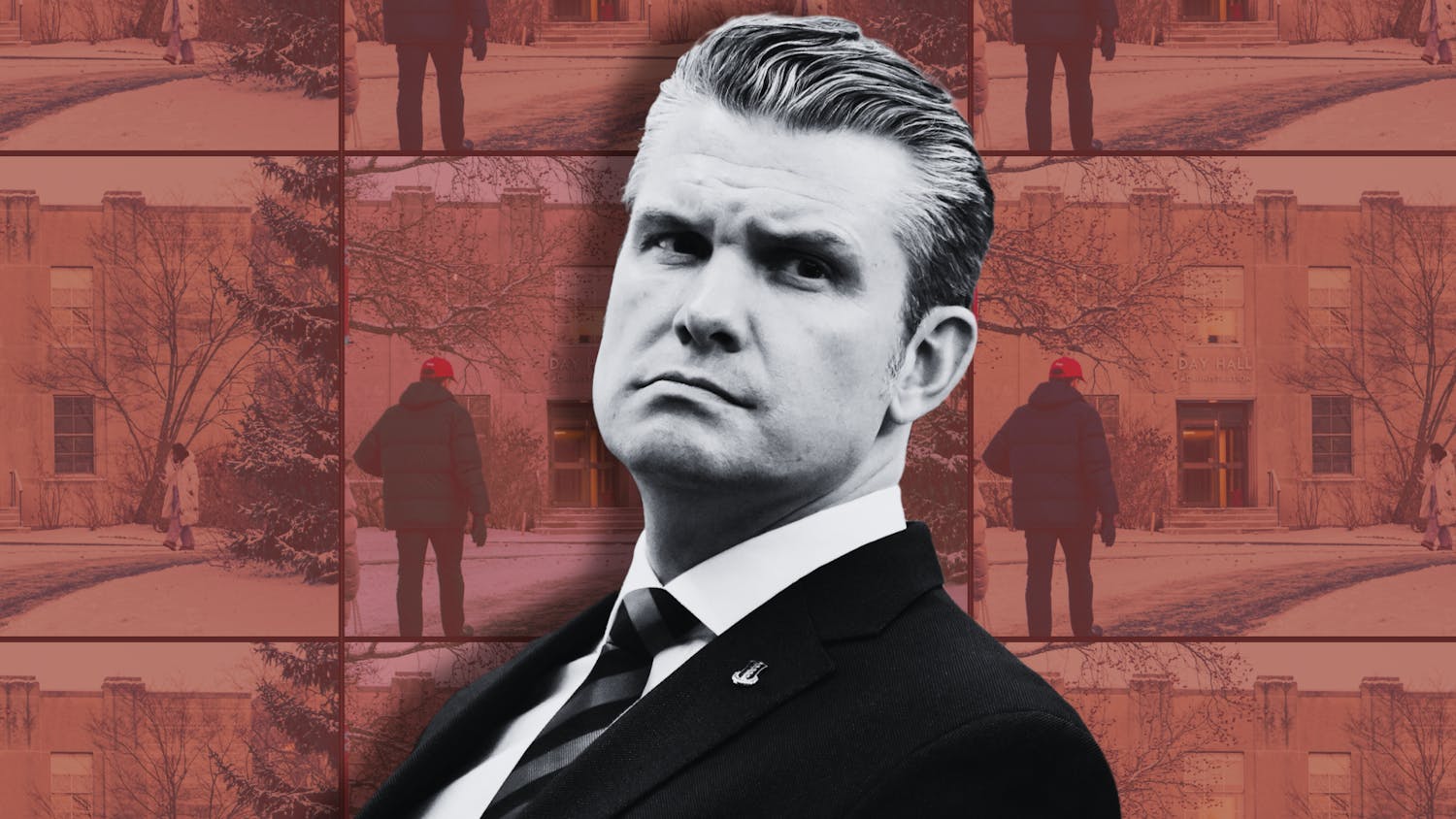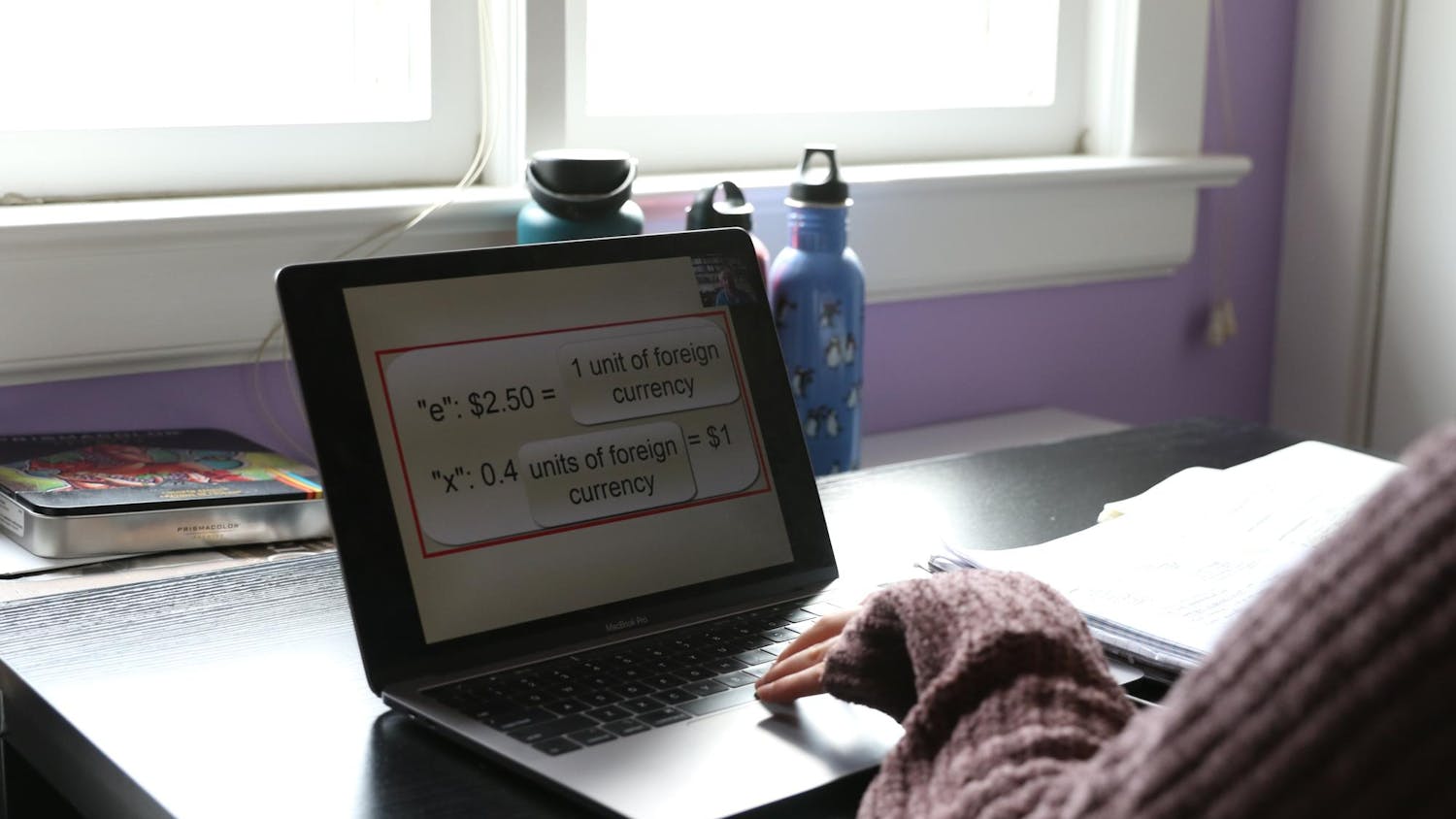Though 96 percent of campus has been vaccinated, not all vaccines are treated equally on campus.
Cornell only accepts vaccines authorized by the Food and Drug Administration and the World Health Organization, which has left some international students who received other vaccines at home in search of other shots and navigating hazy quarantine regulations.
While vaccines have been widely available for months in the United States, other countries have not had the same level of access to vaccines — particularly to those recognized by Cornell, such as Moderna, Pfizer-BioNTech and Johnson and Johnson. As a result, some international students had to receive their first dose upon arriving in Ithaca.
Others, with a non-approved vaccine, such as the Russian Sputnik V, had to be re-vaccinated to comply with University requirements.
Amy Chitnumsab ’25 was vaccinated with the Sinovac vaccine at home, in Thailand. However, she also received the Moderna vaccine in Ithaca, because her parents and family doctors in Thailand recommended it for extra protection.
Chitnumsab said there are few doses of the Moderna or Pfizer-BioNTech vaccines available for the majority of the population. She also noted that the government is struggling to build confidence in the vaccines because of widely-circulated incidents of medical complications which put some Thai people on edge.
“It’s been difficult for the Thai government to get vaccinations that people trust,” she said.
Even though the United States and New York State suspended travel quarantine requirements , many countries have kept them in place. Chitnumsab hopes to have her parents visit her in the U.S. during winter break, but she said that due to quarantine policies in some parts of Thailand, they may be unable to come.
“To go back to Bangkok, there is still a quarantine requirement,” Chitnumsab said. If the requirement remains in place and her parents are unable to visit, she plans to stay in Ithaca or with a family friend during winter break.
In some parts of China, vaccinations for those under the age of eighteen only became available in August. Because of this, Doris Xiong ’25 received her first dose of the Pfizer vaccine after arriving in Ithaca. According to Xiong, weeks of reduced protection were especially concerning at the beginning of the fall semester, when COVID cases at Cornell rapidly increased.
Like Chitnumsab, Xiong expressed concerns about quarantine procedures at home.
“I don’t really have a plan to go back to my country during winter break,” she said. “What if I have to quarantine?”
Instead, like many international students, she will stay in the U.S. to avoid the potential of having to undergo a fourteen day quarantine procedure in a time of rapidly changing rules.
“We cannot be sure about the policy of the future,” Xiong said.











